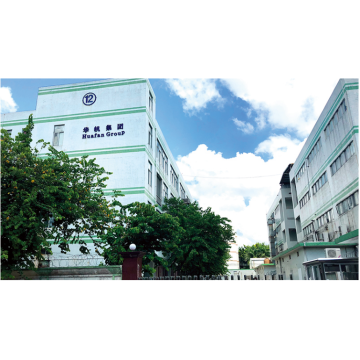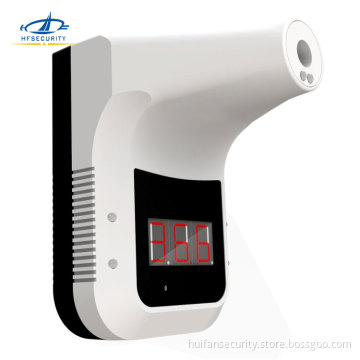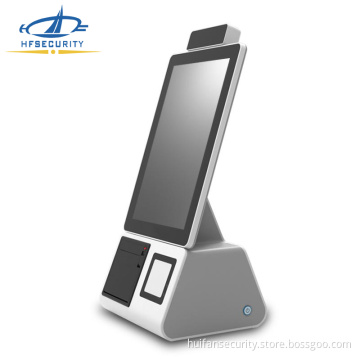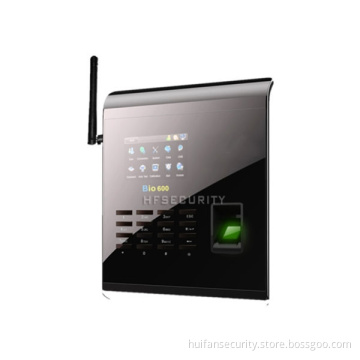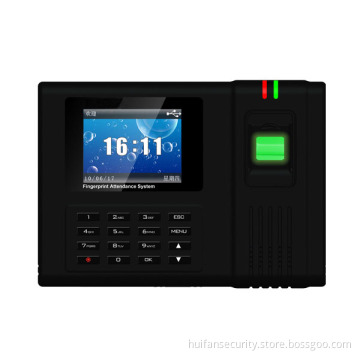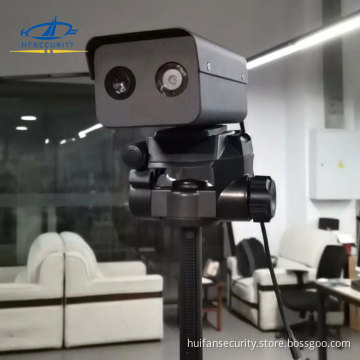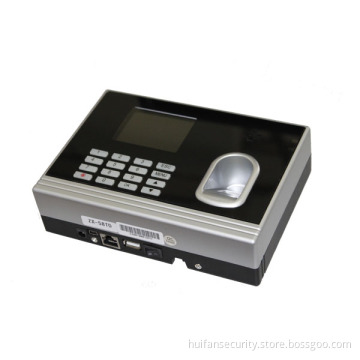
Bio-V10 Non-invasive Ventilator
-
$100.00≥1 Piece/Pieces
- Min. Order:
- 1 Piece/Pieces
- Min. Order:
- 1 Piece/Pieces
- Transportation:
- Ocean, Land, Air, Express, Others
- Port:
- shenzhen
Quantity:
Your message must be between 20 to 2000 characters
Contact NowBasic Info
Basic Info
| Supply Ability: | 100000/month |
|---|---|
| Payment Type: | L/C,T/T,Paypal,Money Gram,Western Union,Others |
| Incoterm: | EXW |
| Transportation: | Ocean,Land,Air,Express,Others |
| Port: | shenzhen |
Product Description
Product Description
Non-invasive Ventilator for Home Portable Ventilators in Stock with CE


Non-invasive ventilator BIO-V10 is Bi-level PAP (Bi-level Positive Airway Pressure) device intended
to provide non-invasive ventilation for patients with Respiratory Insufficiency. It is intended for adult
patients by prescription in the home or hospital/institutional environment. With its Target Tidal Volume
function and other excellent comfort features and effective performance, it offers each patient personal-ized
ventilation support.

- The following recommendations pertain to adult and paediatric patients with ARDS who are treated
with non-invasive or high-flow oxygen systems.
- High-flow nasal oxygen (HFNO) should be used only in selected patients with hypoxemic respiratory failure.
- Non-invasive ventilation (NIV) should be used only in selected patients with hypoxemic respiratory failure.
- Patients treated with either HFNO or NIV should be closely monitored for clinical deterioration.
Treatment of severe and critical cases:
a. Treatment principleğ
Based on symptomatic treatment, actively prevent complications, treat basic diseases, prevent secondary
infections, and provide organ function support in a timely manner
b. Respiratory support:
(a) Oxygen therapy: Severe patients should receive nasal cannula or mask to inhale oxygen and evaluate in time
whether respiratory distress and / or hypoxemia is relieved.
(b) High-flow nasal cannula oxygen therapy or non -invasive mechanical ventilation: When patients have respiratory
distress and / or hypoxemia cannot be relieved after receiving standard oxygen therapy, high -flow can be considered
Nasal catheter oxygen therapy or non-invasive ventilation. If the condition does not improve or worsens within a short time (1 to 2 hours ),
tracheal intubation and invasive mechanical ventilation should be performed in time.
Specification

| Technical Data | |||
| IPAP | 4 - 30 hPa | ||
| EPAP | 4 - 25 hPa | 3.5 inch | CPAP, S, T, S/T |
| CPAP mode: | 4 - 20 hPa | ||
| General Info | |
| Dimensions | 170 mm × 180 mm × 118 mm |
| 290 mm × 180 mm × 134 mm (with the humidifier) | |
| Weight | 1.5 kg |
| 2.5 kg (with the humidifier) | |
| Water capacity | 350 mL at recommendedwater level |
| Ramp | The ramp time ranges from 0 to 60 minutes |
| Humidifier |
Humidifier Settings: off, 1 to 5 (95°F to 167°F / 35°C to 75°C)
|
| Humidifier Output | No less than 10 mg H2O/L |
| SpO2 | Range: 0 to 100% |
| Pulse Rate | Range: 40 to 240 BPM |
| Sound Pressure Level |
< 30 dB, when the device is working at the pressure of 10 hPa
|
| Storage |
SD card can record patient data and fault information
|
| AC Power Consumption | 100 - 240 V AC, 50/60 Hz, Max 2 A |
| Target Vt |
On/ Off 150~1500 mL
|
| Reslex | Patient, Off, 1~3 |
| I Sens. | 1~8 |
| E Sens. | 1~8 |
| Res Rate | 3~40 BPM |
| Ti | 0.3-3.0s |
| Rise Time | 1~4 |



Related Keywords
Related Keywords

